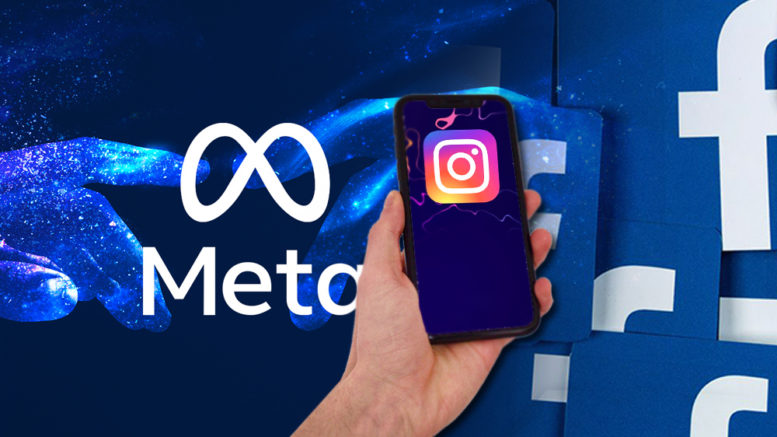Meta, the parent company of widely used social media platforms such as Facebook, Instagram, and WhatsApp, is venturing into the realm of generative AI with the aim of introducing new features across its services. This foray into artificial intelligence is poised to significantly impact user interactions, bringing forth innovations that could reshape the dynamics of these popular platforms.
One of the key developments in Meta’s explorations is the introduction of an AI chatbot. Users will have the ability to engage with this chatbot within their messages by selecting “Create an AI chat” or by using the command “@MetaAI.” This prompts the AI chatbot to provide responses to user queries, opening up new possibilities for interactive conversations within the platform.
Another noteworthy feature under development is referred to as Reimagine. This generative AI tool allows users to create images based on textual descriptions provided in conversations. The intent behind Reimagine is to infuse creativity and enjoyment into messaging, enabling users to enhance their communication with friends through the generation of visual content.
However, the incorporation of generative AI, particularly in the realm of image generation, comes with its set of challenges. One significant concern revolves around the difficulty of discerning between authentic and fake images. Critics argue that this technology’s propensity to generate highly realistic yet artificial visuals could contribute to the spread of misinformation.
In response to these concerns, Meta is taking proactive steps to address the potential pitfalls associated with generative AI. Notably, the company has announced plans to integrate invisible watermarks into AI-generated images. The objective is to equip these images with a mechanism that can detect manipulations, serving as a deterrent to the dissemination of deceptive content.
This move by Meta aligns with broader industry efforts to grapple with the challenges posed by generative AI. Google, another tech giant, has initiated measures aimed at curbing political misinformation. Advertisers on its platforms are now required to disclose instances where political ads feature altered content, including imagery generated through AI. While these policies mark strides in mitigating risks, certain exemptions leave room for the continued use of some photo editing techniques.
As social media platforms continue to evolve and integrate advanced technologies, the intersection of generative AI and user-generated content raises critical questions about the potential impact on information accuracy and authenticity. While these innovations promise enhanced user experiences, the ongoing battle against misinformation requires a delicate balance between technological advancements and responsible governance. As the landscape evolves, the effectiveness of moderation tactics and policy changes will play a crucial role in shaping the trajectory of generative AI in the realm of social media.

